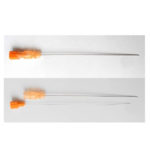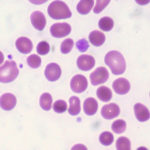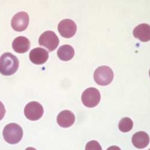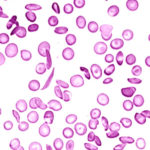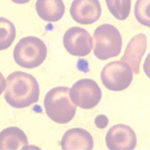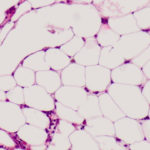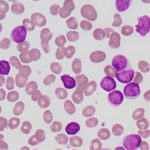Semen Analysis: Common Questions
The semen consists of secretions contributed by testes, seminal vesicles, prostate and bulbourethral glands Testes spermatozoa Stored in epididymis until ejaculation 5% Seminal vesicles Seminal fluid
Read MoreCerebrospinal Fluid (CSF) Analysis: Common Questions
CSF is a major fluid in the body. It is produced by the choroid plexus of the two lateral ventricles. It provides nutrients to the nervous tissue, removes metabolic waste and acts as protective
Read MoreHemolytic Anemias : Extracorpuscular defects
In this topic, Hemolytic anemias caused by immune or non immune mechanisms are discussed. The most important ones are warm antibody hemolytic anemia and cold antibody hemolytic anemia.
Read MoreHeriditary Spherocytosis
This presentation will help you in understanding heriditary hemolytic anemias, which are usually the results of intracorpuscular defects. The abnormalities of red cell membranes like Hereditary
Read MoreSickle cell Anemia
The following presentation helps in understanding one of the most important structurally abnormal Hemoglobins, the Sickle Hemoglobin (HbS). Sickle cell anemia, Sickle cell trait are the sickle
Read MoreHemoglobinopathies: Thalassemia
This presentation helps you in understanding Thalassemias which are the diverse group of heriditary disorders in which there is reduced synthesis of one or more globin chains.Hence these are the
Read MoreAplastic & Hypoplastic Anemias
The disorders of bone marrow where there is impaired formation of erythropoietic precursors and subsequently leads to the development of anemias, are referred to as bone marrow failures. such
Read MoreChronic Leukemias
The following presentation helps in understanding the concepts of chronic leukemia. chronic myeloid leukemia and chronic lymphocytic leukemia are discussed in great detail.
Read More

